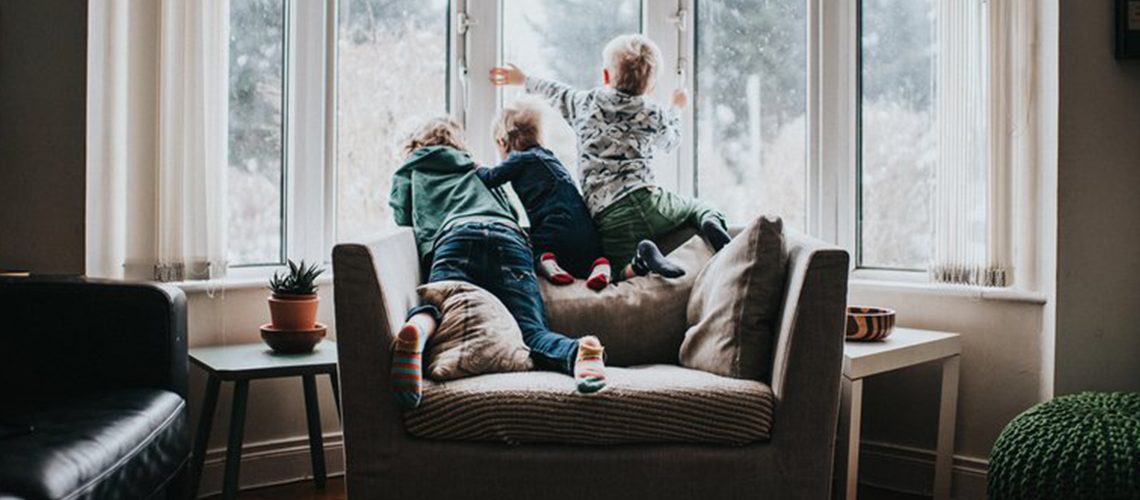We are all in the midst of an unprecedented health crisis which affects us all in different ways and will present unique challenges to a lot of families, especially separated parents trying to work out parenting arrangements.
Here are some tips from Aubrey Brown on how to help separated parents in this difficult time:
Stay healthy:
It is important for both households to stay healthy and for parents/ other adults in the house to role model good hygiene and social distancing practices. This means having good habits and routines in the house around regular hand washing, talking about germs, washing fruit and vegetables, cleaning surfaces and practising social distancing measures. If kids see the people they love and look up to doing the right thing, they will follow your lead. There is no reason that you can’t turn some of the cleaning tasks into fun games for smaller children and get older kids to take responsibility for their own hygiene practices. Keeping your mind and body healthy (and your little people’s too) can help you better meet these challenges. Eat a balanced and healthy diet, drink lots of water, get daily exercise, try to get enough sleep and look after your mental health. Meditation and yoga can really help in times of stress as can making sure you have people to talk to if you need to debrief. A video call with friends or family after a long day with kids can be just what the doctor ordered.
Communicate with the other parent/ carer:
This one may be really tough, especially if there is high conflict and for some people might not be appropriate (such as cases involving family violence). However, where possible (and where it is safe), it is really important to try to open the lines of communication with the other parent/ carer so that you can discuss parenting arrangements in the face of COVID-19. It will help give parents/ carers peace of mind if they know that the other household is also following guidelines and adopting safe and hygienic practices in their household. Tell the other parent/ carer what you are doing to stay safe in your house and what your practices are. Be honest about risks facing your household- especially if the other parent has vulnerable people in their home. This will encourage the other parent/ carer to do the same thing. Try to have an agreed plan about what you will do if anyone in your house (including your child/ children) show any symptoms or come into contact with someone who has the virus and how this could impact parenting arrangements. Try to engage openly and honestly with the other parent/ carer if you can and if it is safe to do so. If you find it hard to talk to the other parent or there are reasons that you can’t (such as a family violence Order or other reasons) there might be other options like sending a letter or email or getting assistance from a friend, mediator or lawyer. If you have any questions about what communication can and can’t happen with the other parent, including if there are any family violence Orders in place contact a lawyer for advice first.
Communicate with your children:
Children of all ages will know that life is different and that the people around them are more stressed and that their daily routine is changed. Older children, particularly those with access to the internet/ news sources will know a lot more. It is important that you have open communication with your children about COVID-19 in a developmentally appropriate way and try to see things from your child’s point of view. The world right now might be a very scary place for some children and they will look to you for reassurance. Give kids a safe space to ask questions and talk about how they are feeling. Be conscious about how you and other adults are behaving and speaking around children and whether the news or radio is on in the home. If you want some tips on how to talk to your children about what is happening, here are some helpful resources:
https://www.abc.net.au/life/how-to-talk-to-kids-about-coronavirus-covid-19/12084666
Know your legal obligations:
If you have parenting Orders in place, you will still be required to comply with them unless there is a very good reason not to. COVID-19 in and of itself is not a reason for children to stop seeing the other parent/ carer. The Government and Courts have made it clear that leaving home to facilitate time between the child and the other parent/ carer is an exception to the ‘stay home’ rules. However, your Orders might have clauses which are no longer practical in the face of COVID-19. For example- changeovers might be at a venue which is no longer open. Your child might not be at day-care or school. International travel that was planned and permitted under the Orders might no longer be possible. Knowing your obligations and how you can still comply with your Orders in the face of COVID-19 might be tricky and it is important to get advice from a lawyer if you have questions to make sure you comply with your Orders or that you get advice about the circumstances when compliance might not be required and the proper procedures to follow.
Cooperate:
If your parenting Orders are no longer practical and it is safe to do so, try to work with the other parent on solutions that work for your kids. For example, if your children are not at school, try to work on an alternate changeover venue that is open, safe and practical for both parents. Try to put your differences aside and focus on what is best for the children. In most cases, children will benefit from seeing both of their parents/ carers and maintaining contact with siblings and it will also give you a break from stir-crazy kids. Try to focus on finding solutions and working together where this is possible. Again, this might not be possible or safe for all families, including where there are safety or risk issues. Keep in mind that the Courts have had to implement ways to deal with COVID-19 which will cause considerable delay to a lot of matters and could mean it is not going to be possible to get the Court’s help quickly. This means that there is going to be a lot more pressure on separated parents to work together to try to resolve disputes which could be an opportunity for parents to try to work on solutions to their parenting matters. If parents cannot reach an agreement, mediation (through Zoom or by phone) might be a good option. Alternatively a lawyer might be able to assist with negotiations if required.
Adapt to the changes:
For a lot of us, change can be hard. A lot of us get stuck in our daily habits and routine and can find it hard to shake them. However, COVID-19 might be turning your daily routine on its head. This might be incredibly stressful for some or an opportunity for growth and learning if we change the way we look at it. Instead of being ‘stuck in the house’ with your kids/ family. Think of it as an opportunity to keep them safe. Take this as an opportunity to spend some quality time together as a family and to be present. Put the phones down and play a board game or play charades. Get the kids to make up a game. Get the kids to help cook dinner, watch a family movie, FaceTime the grandparents, learn a language, dance or musical instrument together. Read books, plant a garden or learn a new skill and teach each other. Stay connected with friends and family by phone, social media, video calls or write an old fashioned letter. Establish some house rules, a routine and boundaries if this helps you. Give everyone jobs to help out around the house. But try to enjoy the extra time together and work together as a family to adapt to the changes. This might be your idea of hell but your kids might think that having you home and around more is the best thing ever. Just make sure that everyone in the house has some down time and space to unwind/ escape if they need. Schedule a zoom or house party call with friends and reach out if you need someone to talk to or some help coping with the changes.
For further information or advice about your parenting matter, feel free to contact one of our family lawyers. Aubrey Brown are open, fully operational and here to help you and your family.
We have implemented strict hygiene and safety measures to keep our staff and clients safe and have access to the latest technology and software to ensure we can continue to meet the changing needs of our clients. Stay safe, stay positive and look after each other and your families at this difficult time.


